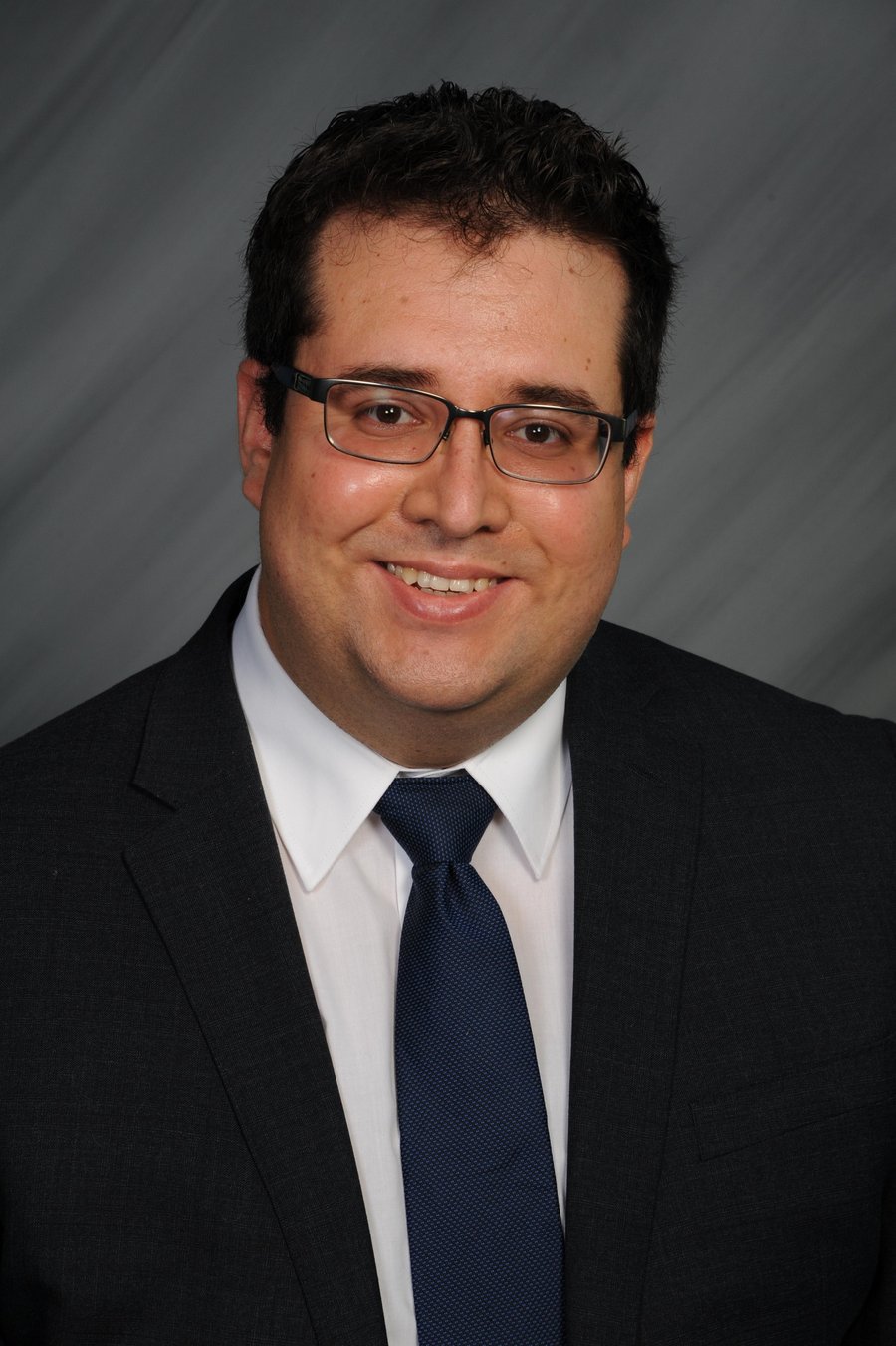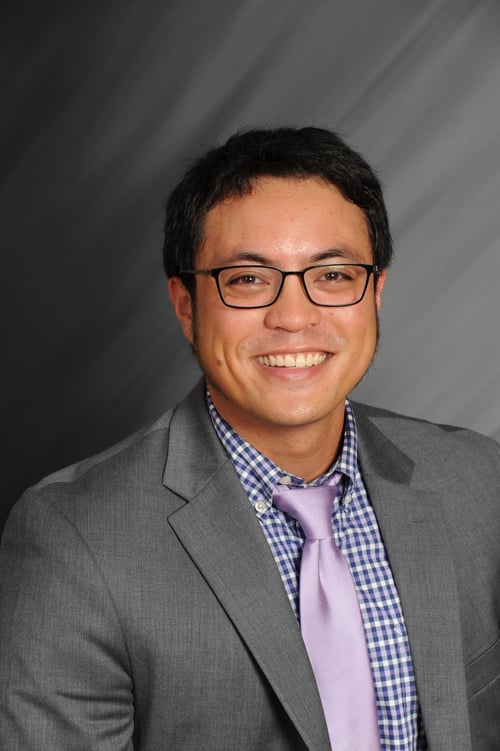
It’s easy to know when you have a cold. You start to cough, maybe have a runny nose, and if it’s severe you might have a fever. Generally, you don’t feel very well and know that you need to see your family physician or try some over the counter cold remedies. Usually, with time and a rest, a cold gets better, and you move on with your life. Mental illness can be harder to identify but is just as important as the physical ailments we all experience. National depression screening day is in October. This is a great opportunity to learn more about depression, the most common mental illness, and the common symptoms we all may experience when we become ill with depression.
Depression is the most common mental illness in the United States, affecting 21 million adults each year according to the National Institute of Mental Health. Sometimes the first signs of depression are not easily identified, presenting as a headache, back pain, or new chronic pain. Although many of us feel depressed on occasion, there are signs when depression is becoming a clinical illness. These signs include more intense feelings of sadness, when the symptoms of depression persist for 2 or more weeks, and when changes in your mood begin to impact your daily life and functioning. When feelings of depression reach these levels, it is likely time to see your doctor and discuss a treatment plan with them.
Depression also impacts several aspects of our lives, including our mood, our thinking, and our physical bodies. Mood is typically the area of our lives we think about when talking about depression. When you experience depression, you may notice that even the happiest events in your life fail to improve your mood. Your thinking may also change when you experience depression, and your world may be tinted in a negative light. When this happens, you may feel hopeless and focus only on your failures while ignoring your successes. You may also experience physical symptoms of depression, such as changes in appetite, sleep, and energy.
Your doctor may ask you several questions about your mood, thinking, and physical well-being. When diagnosing depression, your doctor will be focusing on the following clinical signs of depression:
- Feelings of sadness, worthlessness, and depression
- Loss of interest in daily activities and hobbies
- Feeling guilty about events outside of your control
- Decreased energy
- Difficulty concentrating
- Decreased or increased appetite
- Slowing down, weighter movements or thoughts
- Thoughts of harming yourself or others
These symptoms typically occur for more than 2 weeks and may persist for longer.
Just like many other illnesses, there are treatment options. This ranges from changing daily habits and incorporating exercise to therapy and medications when necessary. Typically, a combination of these options can make a major impact and help with symptoms of depression. Screening is the first step in seeking treatment and will typically occur during your regular visits with your primary care provider. Once identified, you and your doctor can work as a team to treat this illness. There are also many virtual options to begin care. Many insurance companies offer free online virtual visits with a counselor, and this is a great option for exploring your mental health in the comfort and privacy of your own home.
If you find that you or someone you care about is thinking of harming themselves or contemplating suicide, please reach out now. You can reach the National Suicide Prevention Hotline at 988 for help 24 hours a day, 7 days a week.
 Dr. Torres is a resident physician who sees patients of all ages and provides obstetrical services at Lone Star Family Health Center, a non-profit 501©3 Federally Qualified Health Center operating facilities in Conroe, Spring, Willis, Grangerland, and Huntsville, and serving as home to a fully integrated Family Medicine Residency Program to increase the number of Family Medicine physicians for Texas and our community.
Dr. Torres is a resident physician who sees patients of all ages and provides obstetrical services at Lone Star Family Health Center, a non-profit 501©3 Federally Qualified Health Center operating facilities in Conroe, Spring, Willis, Grangerland, and Huntsville, and serving as home to a fully integrated Family Medicine Residency Program to increase the number of Family Medicine physicians for Texas and our community.



